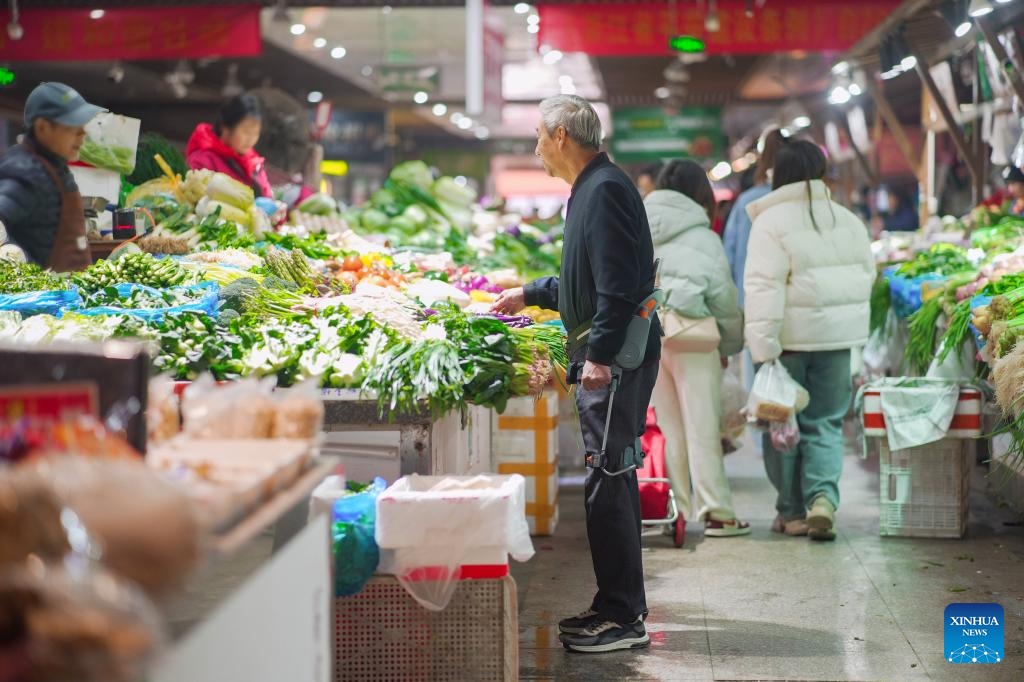Forum spotlights Suzhou garden protection, promotion
By Yang Xiaoyu | chinadaily.com.cn | Updated: 2023-04-18 15:31

Protecting the masters’ gardens of Suzhou
“Famed modern writer Ye Shengtao once remarked that Suzhou gardens are the epitome of all gardens around China. Suzhou gardens are truly worthy of such an acclaim. All sceneries at other classical Chinese gardens can be found at gardens in Suzhou,” said Yang Xiujuan, director of the Museum of Chinese Gardens and Landscape Architecture.
“Among all cultural heritage sites, the upkeep of classical gardens is arguably the hardest,” said Jia Jun, an architecture professor at Tsinghua University. Buildings in gardens are mostly made of wood, which makes them very prone to damage and degradation. What’s more, gardens not only embrace wooden architecture, but also rockeries, water features and plants. If not carefully maintained, rockeries can easily collapse and plants can wither and die, he explained.

By the time the People’s Republic of China was founded, many Suzhou gardens were dilapidated. In the 1950s, the city established a garden restoration committee to revive the beauty of its gardens, according to Zhang Jie, a manager at the 680-year-old Suzhou Lion Grove Garden.
In 1997 and 2000, nine best known Suzhou gardens including Lion Grove Garden, Humble Administrator’s Garden and Great Wave Pavilion, were collectively recognized as a UNESCO World Heritage Site.
“The UNESCO recognition has provided various charters, conventions, laws and regulations to guide the protection of gardens, and the Suzhou government has also given high priority to garden protection,” Zhang said. We have also been strengthening cooperation with industry fellows at home and abroad to compare notes on heritage protection, she added.
Between 2015 and 2018, Suzhou city carried out a comprehensive survey and listed a total of 108 classical gardens under protection. Among them, 70 were built before the Ming dynasty (1368-1644), said Zhu Haijun, director of Suzhou World Cultural Heritage Classical Gardens Protection and Supervision Center.
The center, the first of its kind in the country, was established in 2005 to protect and supervise the city’s World Heritage Site.

The city’s three-year plan to restore and renovate its gardens since 2018 has been fruitful. Now more than 90 protected gardens in the city are open to the public, said Zhu.
Protecting gardens calls for comprehensive efforts and Suzhou is a national leader in this endeavor and an example to the world regarding cultural heritage protection, Jia said. In addition to an advantage in finance and management, Suzhou also boasts a strong group of garden craftsmen, including Xiangshanbang, a millennium-old architecture school specializing in Suzhou-style buildings, he added.
- Award-winning photos capture Suzhou gardens
- Adventures on Qingming Festival 2023: Lyrical Life in Spring Days
- Nighttime shows illuminate Suzhou garden
- Next generation sets the stage for art genre's future
- Entertainment with ancient roots tunes into a modern following
- Huge influence blooms in miniature gardens
























